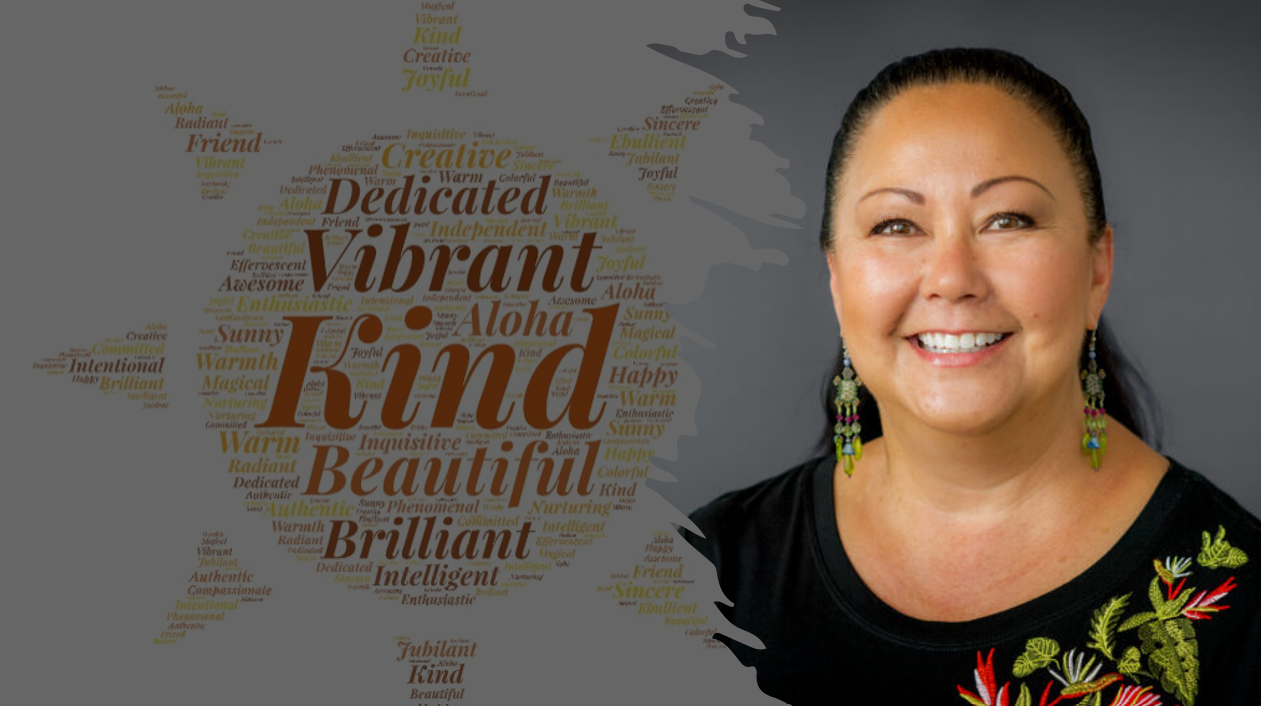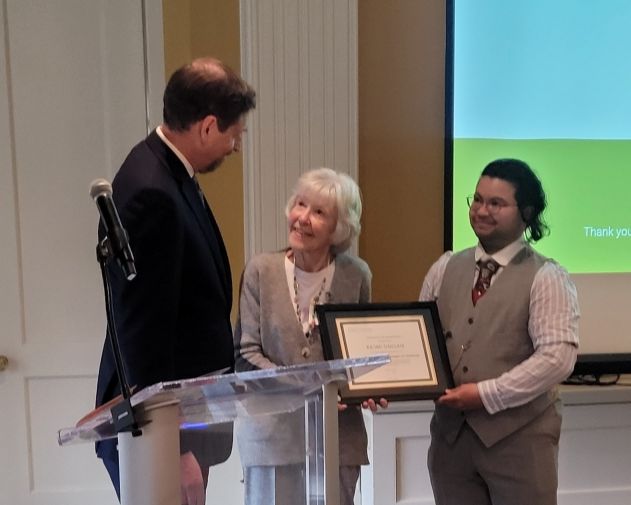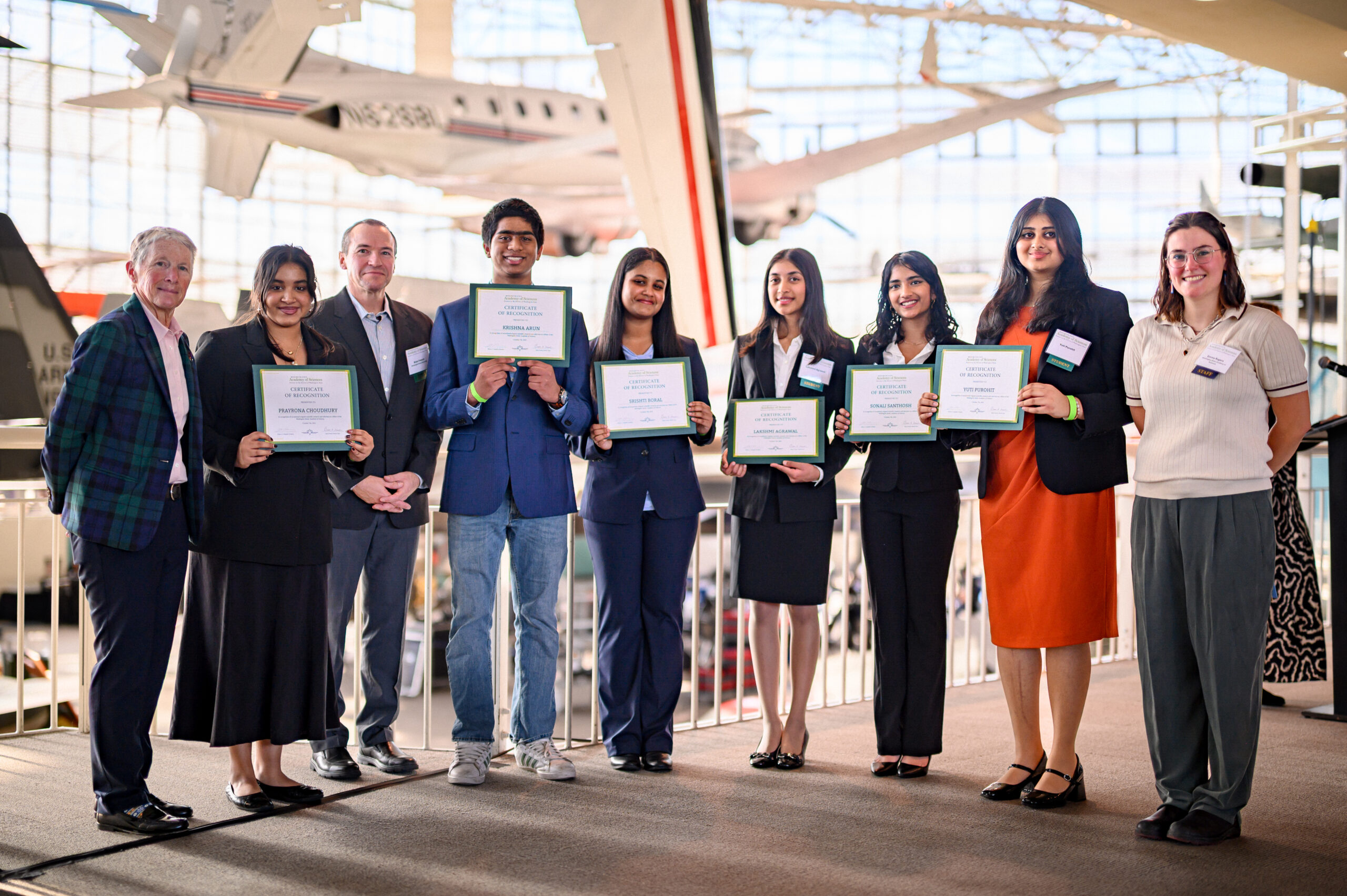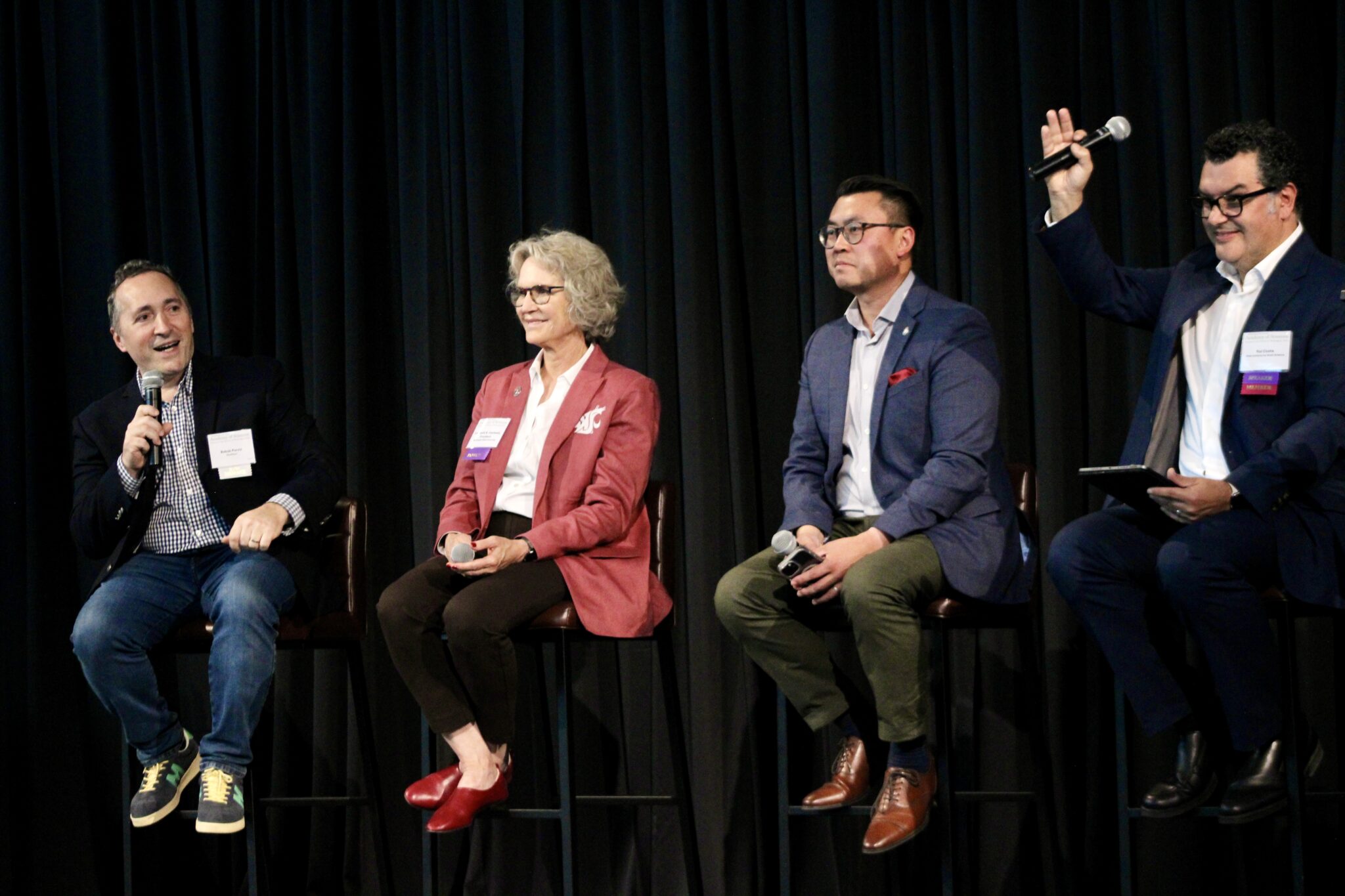
On March 27, 2024, the Washington State Academy of Sciences (WSAS) hosted a lecture in honor of the late Dr. Ka’imi Sinclair as part of its broader effort to work in collaboration with, and support the science and technology needs of, Native American tribes in Washington State. Dr. Sinclair was elected to WSAS in 2021 for her work to increase health equity through implementation and evaluation of culturally informed health promotion interventions. For over 20 years she worked tirelessly to eliminate health disparities in American Indian, Native Hawaiian, Pacific Islander and Latinx people.
Dr. Sinclair’s good friend and colleague Dr. Spero Manson – a member of the National Academy of Medicine who is widely acknowledged as one of the nation’s leading authorities on Indian and Native health – spoke of her personal and scientific legacy in his lecture, “Preventing Cardiometabolic Disorders and their Sequalae among Native People: Dr. Ka’imi Sinclair as a Scientist, Cultural Innovator and Advocate.” The lecture was supported by a generous donation from the Hoveida Family Foundation.

WSAS President John Roll presented Dr. Sinclair’s son and mother with her WSAS membership certificate.
Throughout his lecture Dr. Manson reminisced about how Dr. Sinclair was a student of life, curious and open to learning from others. Not surprisingly, she was a prolific, productive scientist with many collaborators and co-authors. A dedicated mentor, Dr. Sinclair helped to advance the careers of the many early-stage investigators she worked with including many young American Indian researchers.
Dr. Manson also spoke of how Dr. Sinclair sought to translate her research into evidence-based approaches and tools that could ameliorate the risk of, and instill protection from, cardiometabolic disorders. The findings from her research did not just end up as reports or books on a bookshelf in part because Dr. Sinclair always kept in mind how insights emerging from her work could be used to improve preventative interventions or treatments or alter policy. Moreover, her work highlighted the ways in which culturally tailoring interventions for cardiometabolic disorders enhanced their quality and effectiveness.
Dr. Manson concluded his talk with a quote from B. Disraeli, “The legacy of heroes is the memory of a great name and the inheritance of a great example.”
Said Manson, “I submit to you that Ka’imi gave us both of those and we will continue to seek to advance the work that she so dearly completed.”
Related Posts
January 23, 2026
A new initiative from the Washington State Academy of Sciences called Growing with AI will bring together the state’s tech giants and diverse farming community to tackle pressing challenges in the agriculture industry.
October 28, 2025
WAJAS is a WSAS program recognizing exceptional high school students from across the state for outstanding original scientific research and offering opportunities to connect with the research community in Washington and beyond. Fellows were publicly honored alongside Washington's top researchers at the WSAS 20th Anniversary Celebration on October 7.
October 14, 2025
Amid political polarization and uncertain federal research policy, Washington leaders are betting on stability through a unique innovation ecosystem rooted in the state’s institutions and businesses. That was a theme at the 20th anniversary celebration of the Washington State Academy of Sciences, held Tuesday evening at Seattle’s Museum of Flight.


